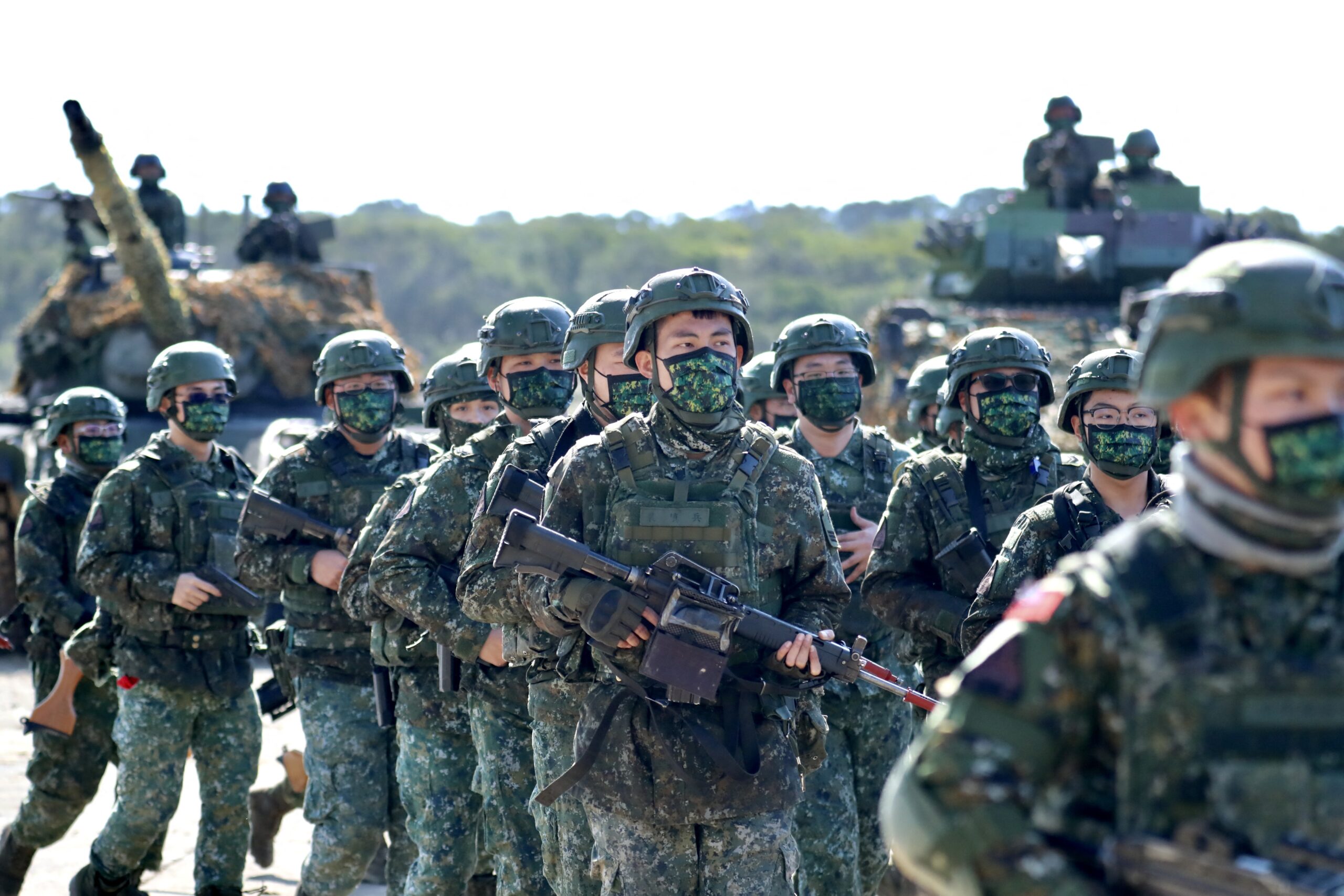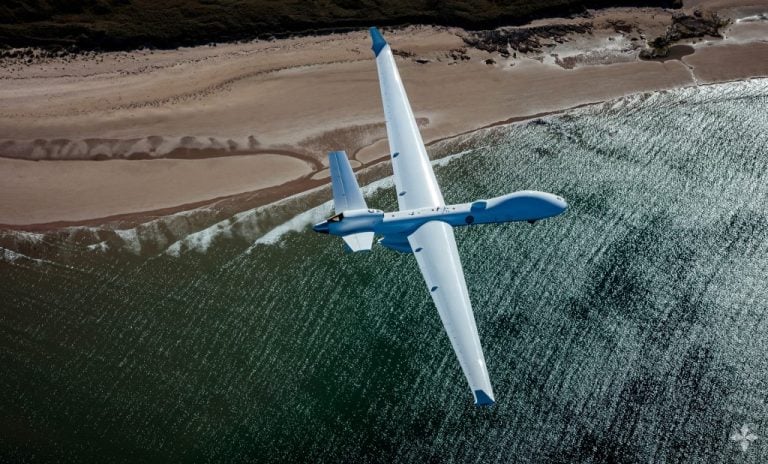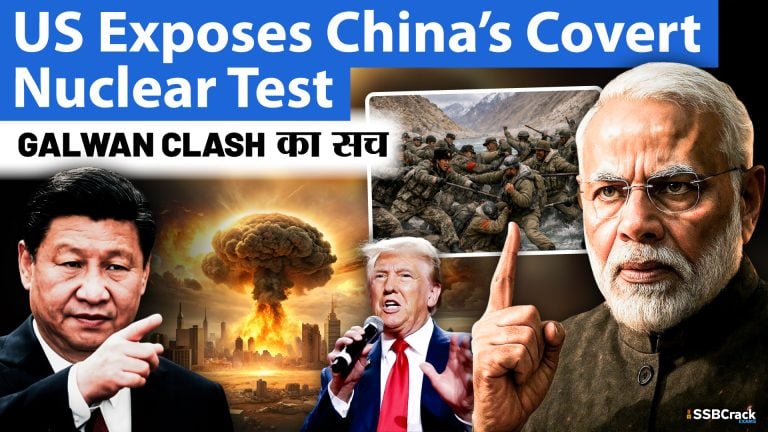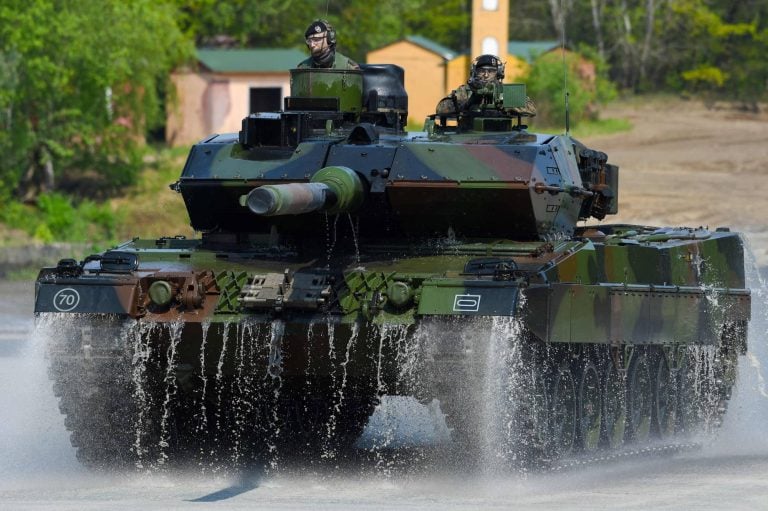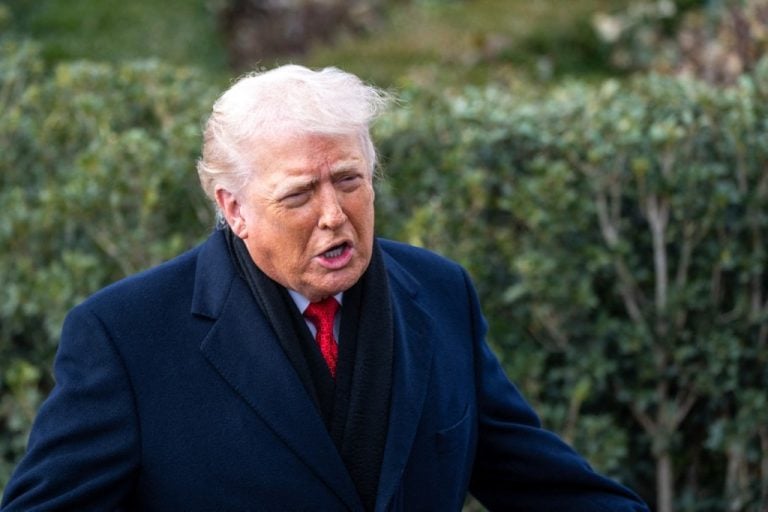Taiwanese President Lai Ching-te has announced plans to expedite the construction of a sophisticated multi-layered air defense system aimed at addressing escalating threats, particularly from China. During Taiwan’s National Day celebrations, Lai stated the urgency of reinforcing the island’s defense capabilities, in light of increasing international pressures, especially from the United States, to enhance Taiwan’s self-defense against potential aggression from Beijing, which asserts that Taiwan is an integral part of its territory.
In his address, Lai emphasized the need to “accelerate our building of the T-Dome” and implement a comprehensive air defense framework characterized by advanced detection and interception capabilities. He articulated Taiwan’s commitment to maintaining stability through strength, urging China to abandon any coercive measures intended to alter the current status quo across the Taiwan Strait.
This declaration comes on the heels of a challenging year for Lai, who has faced significant obstacles, including a thwarted attempt to secure a parliamentary majority for his Democratic Progressive Party (DPP) by unseating opposition lawmakers. This setback has left the administration in a precarious position amid growing concerns about US tariffs impacting Taiwanese exports and debates regarding the reliability of US commitments to Taiwan’s defense under the previous administration.
Lai reiterated ambitions to elevate defense spending to exceed three percent of the country’s GDP next year, reaching five percent by 2030, signifying a robust commitment to national defense. He underscored the integration of cutting-edge technologies and artificial intelligence in creating a modernized defense system designed to enhance deterrence within Taiwan’s asymmetric strategy.
In a bid to fortify its self-sufficiency, Taiwan aims to boost its domestic defense industry and strengthen local supply chains to create a more resilient defense mechanism. This year’s celebrations, marking the 114th anniversary of the establishment of the Republic of China following the fall of the Qing dynasty, also serve to highlight Taiwan’s historical struggle for sovereignty against China.
The geopolitical landscape remains tense, particularly following last year’s military drills conducted by Beijing around Taiwan shortly after Lai’s previous National Day address. Observers suggest that, at this juncture, China may adopt a more restrained approach, given the current challenges faced by Lai’s administration.
As the US and China prepare for high-stakes discussions, including a potential meeting between former President Donald Trump and Chinese President Xi Jinping, experts predict a brief lull in military tensions. Political analysts note that while Taiwan enhances its military capabilities, it still faces considerable disparity in strength compared to China and relies heavily on US military support to deter potential confrontations.
